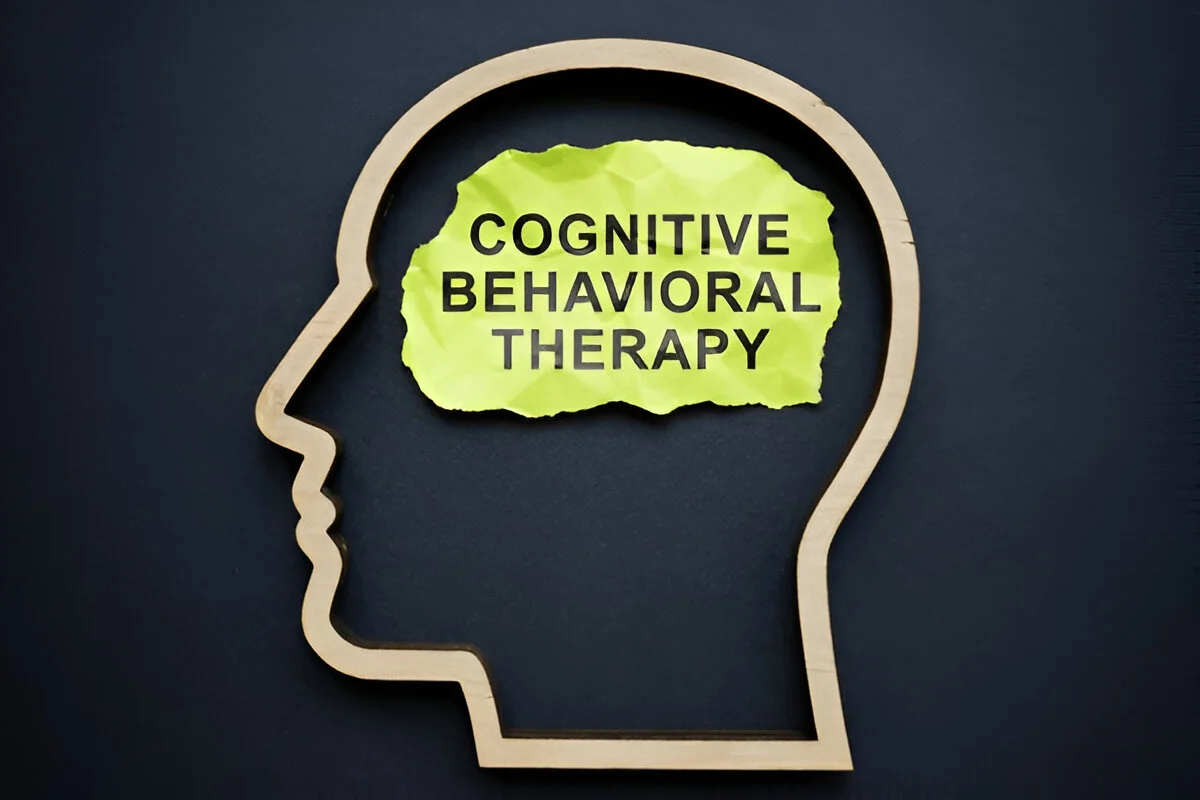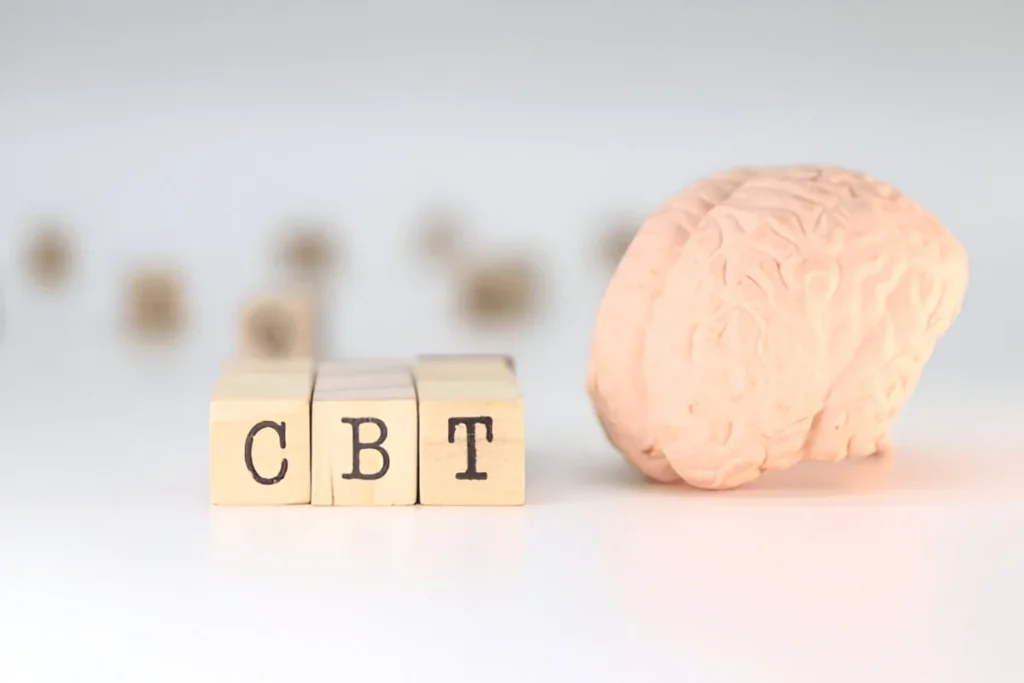-
129, Block-A Bangur Avenue, Mousumi Appartment, Kolkata 700055
129, Block-A Bangur Avenue, Mousumi Appartment, Kolkata 700055

Cognitive Behavioral Therapy is a proven method for managing thoughts and emotions. Learn how a reputed counselor explains their process.
In the world of mental health care, Cognitive Behavioral Therapy (CBT) is one of the most researched and effective forms of psychotherapy. It focuses on helping individuals identify negative thought patterns and replace them with healthier, constructive ones.
Rather than dwelling on the past, CBT empowers you to work on the present and make positive changes for the future. Whether you’re struggling with anxiety, depression, or stress, this therapeutic approach provides practical tools to navigate challenges.

CBT is based on the concept that our thoughts, feelings, and behaviors are interconnected. Negative thoughts can trap us in a vicious cycle, but CBT helps break this cycle by teaching us to:
This therapy is highly structured and usually involves a limited number of sessions, making it goal-oriented and time-efficient.
CBT works around several guiding principles:
Cognitive Behavioral Therapy is not a “one-size-fits-all” solution but is highly adaptable. It is commonly used for:
Even people without diagnosed mental health conditions can benefit from CBT by improving self-awareness and resilience.
While self-help resources are widely available, guidance from a trained professional ensures a more personalized and impactful journey.
A psychological counselor brings clinical expertise and creates a safe space for you to:
If you’re seeking support, connecting with the best psychological counselor in Kolkata can help you make lasting changes.
Each CBT session is collaborative and practical. Here’s what you can expect:
CBT offers practical tools that you can integrate into daily life:
These evidence-based practices, when facilitated by an experienced counselor, can transform how you think, feel, and act.

Q1: How long does Cognitive Behavioral Therapy take?
CBT is typically a short-term therapy lasting 8–20 sessions, depending on the complexity of the issues being addressed.
Q2: Is CBT effective for children and teenagers?
Yes. CBT can be adapted for younger age groups to address anxiety, depression, and behavioral challenges.
Q3: Can I do CBT on my own?
While self-help CBT resources exist, working with a trained counselor ensures a more structured and effective approach.
Q4: Is CBT only for people with mental illnesses?
No. Even individuals dealing with everyday stress, relationship issues, or self-esteem challenges can benefit from CBT.
Q5: How do I know if CBT is right for me?
Discussing your concerns with a counselor is the best way to determine if CBT aligns with your needs and goals.
Cognitive Behavioral Therapy is more than just a treatment—it’s a life skill. By learning how to challenge unhelpful thoughts and adopt healthier coping mechanisms, you can navigate life’s challenges with greater clarity and strength.
If you’re ready to take the first step toward emotional wellness, seeking guidance from a qualified psychological counselor can set you on the right path. Remember, change begins with awareness—and CBT offers the tools to make that change possible.